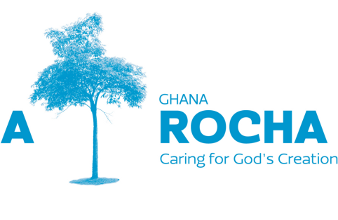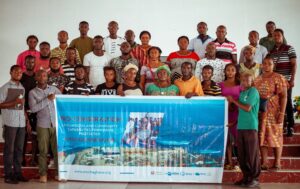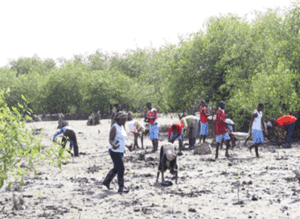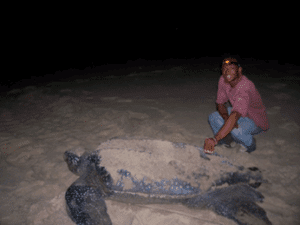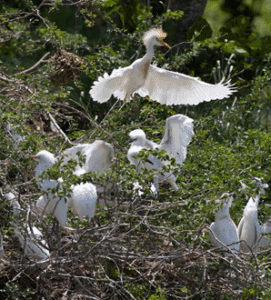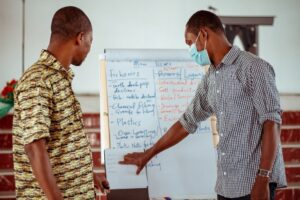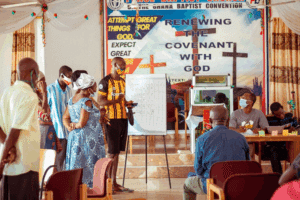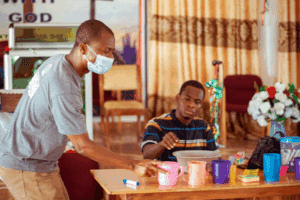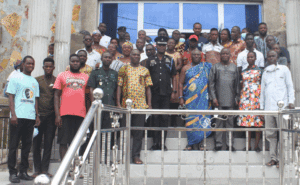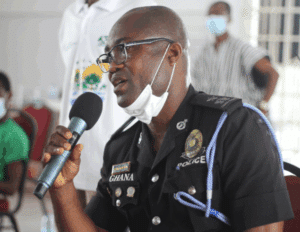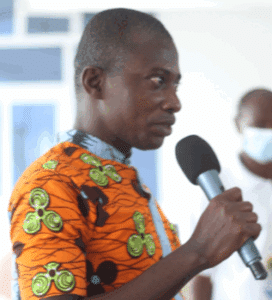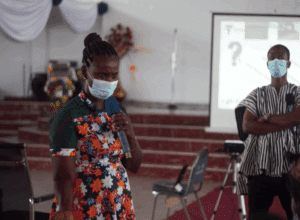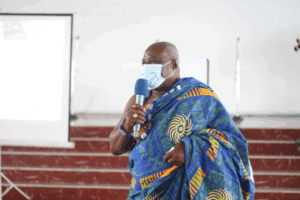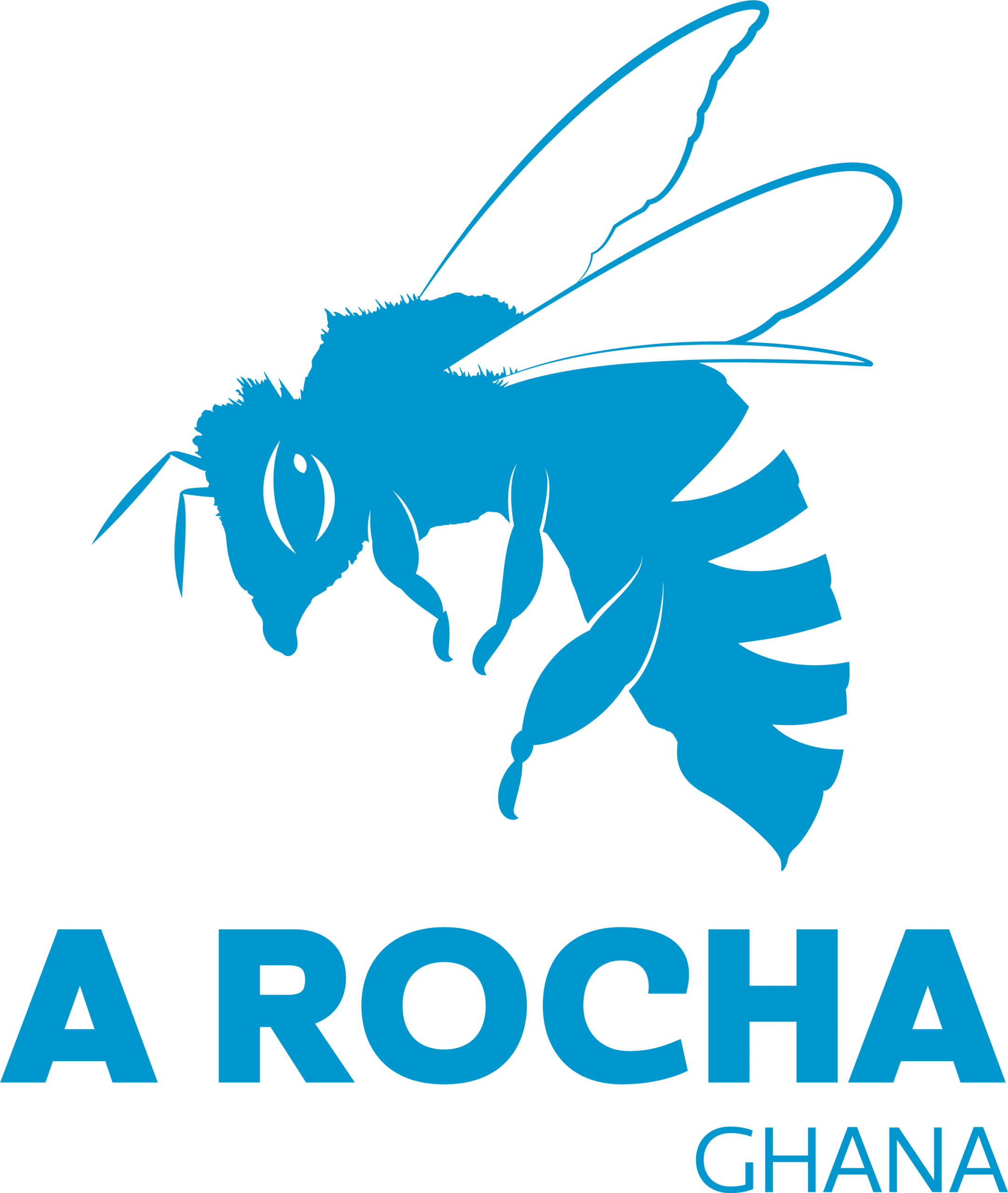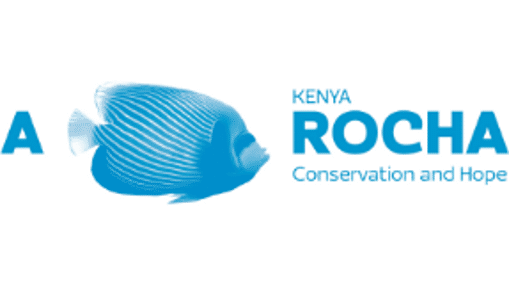Overall Goal
To build resilient coastal communities by promoting sustainable livelihoods and strengthening governance structures that support marine and coastal ecosystem conservation.
Project Summary
Pro-Conservation Livelihoods and Community Governance for Marine Protected Areas in Ghana
This project, funded by the University of St. Andrews, works with coastal communities in Ghana to protect marine ecosystems and improve local livelihoods. By engaging fishermen, fishmongers, farmers, traditional leaders, and local authorities, the project creates space for communities to reflect on the past, understand today’s challenges, and plan for a sustainable future.
A key focus is on developing conservation-friendly livelihoods such as livestock rearing, fish farming, organic vegetable production, and fruit tree or woodlot planting, which help reduce pressure on marine resources. The project also uses a participatory governance tool that supports communities in making informed decisions about how to manage their resources.
By addressing issues like declining fish stocks, mangrove loss, pollution, and poor waste management, the project fosters unity, partnerships, and shared responsibility among local people, government agencies, and traditional authorities. Together, these efforts strengthen the governance of Ramsar sites and marine protected areas while securing benefits for both nature and communities.
Stakeholder Engagement
Over 60 participants from four coastal communities—including fishermen, fishmongers, farmers, traditional elders, assembly members, unit committees, and pastors—came together to explore sustainable livelihoods and community-led marine conservation.
Stakeholder Engagement
Active participation highlights the power of diverse voices working together to protect marine ecosystems while building alternative livelihoods that support both people and nature.”
Key Components
Community Engagements: Meetings with over 60 actors from four local communities, including fishermen, fishmongers, farmers, traditional elders, assembly members, unit committees, and pastors.
Assessment Framework: Looking Back (1992–2010), Taking Stock (2010–present), and Looking Forward (future planning and commitments).
Pro-Conservation Livelihoods: Promotion of alternatives such as livestock rearing, fish farming, organic vegetable farming, and fruit tree/woodlot establishment.
Marine Governance Baseline Tool: A participatory tool enabling communities to make informed decisions about resource management and livelihoods.
Specific Goals
Strengthen community-level participation and decision-making in marine ecosystem governance.
Address environmental challenges such as low fish stocks, mangrove depletion, pollution, and poor waste management.
Engage stakeholders (traditional authorities, municipal assemblies, agencies) in collaborative governance and conservation actions.
Promote unity, partnerships, and shared responsibility in managing Ramsar sites and marine protected areas.
Enhance conservation-compatible livelihoods to reduce pressure on marine ecosystems.
Expected Outcome
Unity: Major families and communities united for mangrove and wetland protection.
Partnerships: Strong alliances with traditional authorities, particularly the Paramount Chief, in conservation efforts.
Realizations: Government agencies acknowledging the need to work directly with communities.
Resolutions: District Assembly committing to integrate wetland issues into development planning.
Workforce Mobilization: Active collaboration between A Rocha, traditional leaders, and communities to halt harmful developments in Ramsar sites.
Baseline Impact: Communities equipped with a participatory tool to track ecosystem and livelihood challenges and make informed conservation decisions.
Project in partnership with
